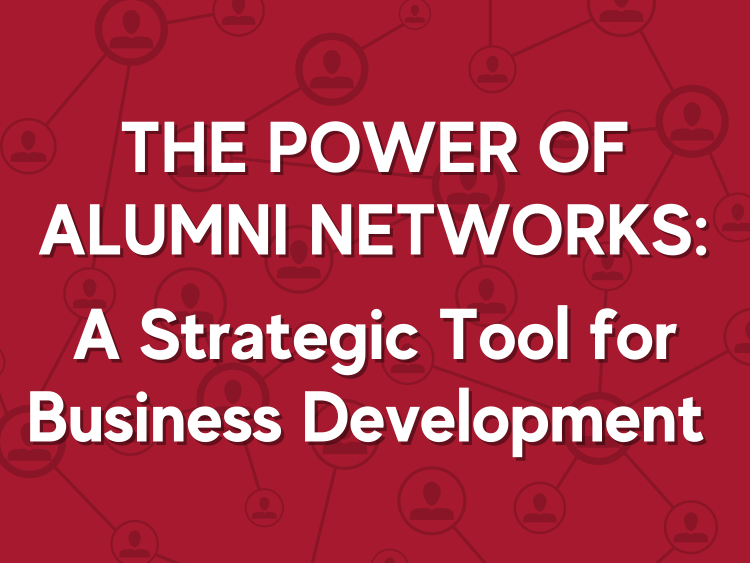Daniel Pink spends his life thinking about sales: Who does it best, what gets in the way of a sales pitch, how the power equation between salesperson and customer has changed. Pink spoke at the recent Legal Marketing Association annual conference in San Diego. His message to those in attendance: Stop pretending you are not in sales because today, everyone is responsible for selling the firm’s services.
Pink graduated from Yale Law School but never practiced. Instead he became a political speechwriter before starting his own business as a sales coach. He has published five books, including the bestselling “To Sell Is Human.” He understands why people cringe at the thought of sales, and he wants us all to get over it.
Pink cited a study that showed 80 percent of people have negative thoughts when they hear the words “sales” and “marketing.” And the things they’re thinking aren’t mild. “Slimy,” “smarmy,” “manipulative” and “aggressive” are the usual characterizations. That’s because, Pink said, for most of human history, the person doing the selling had a great advantage over the potential buyer. The seller knew everything about the service or product, and the seller knew little or nothing. Now that has changed.
Think about buying a car. Today, the buyer can become educated about what price dealers anywhere in the country are charging, the profit margin and the real value of your trade-in. That changes the dynamic of the sales call, so that the pitch is no longer about coercion and should become instead a process of answering questions and figuring out what problem the customer needs solved.
Still, it doesn’t mean selling is easy, and Pink talked about the ABC’s of becoming a successful business generator. They are Attunement, Buoyancy and Clarity.
- Attunement is the ability to see things from another’s perspective. You can’t offer solutions to a prospective client’s problems if you don’t understand what they are thinking. You aren’t selling a one-size-fits-all service. Instead, you have to ask questions and put yourself in a position to see the other person’s point of view in order to offer the best services possible.
- Buoyancy is how you move from rejection to resiliency. A lawyer’s job is to persuade others, which leaves plenty of opportunity for failure. Instead of vowing to never again go on a sales call, keep in mind that the ability to bounce back involves learning whatever you can from the experience and trying it again. Pink recommends taking an “active role” in preparing for the activity. As an example, he said that when he prepared to speak to the 1,300 attendees of the conference, he did not give himself a pep talk by asking himself if he could do it, but instead asked himself “How can I do this? Should I smile more? Do I need to make more eye contact?” Taking a more active, engaged approach allows you to concentrate on the process and not just the end result.
- Clarity means that you sort through the vast amount of available information, identify what is important, analyze it and discuss the implications in a clear and compelling way. Pink noted that many lawyers, because they don’t like being associated with “sales,” refer to themselves as problem solvers. He pointed out, though, that most potential clients already know what their problems are and have an idea of how to deal with them. What they need instead is someone who can help them identify the next problems – which is a perfect fit for most lawyers’ skill sets.
Finally, Pink identified the best sales personality. They are “ambiverts,” a mixture of extroverts and introverts. Happily, most of us fit this category, not solely one or the other but a mix, either by natural temperament or experience, giving us the ability to read any situation – and to close any sale.


